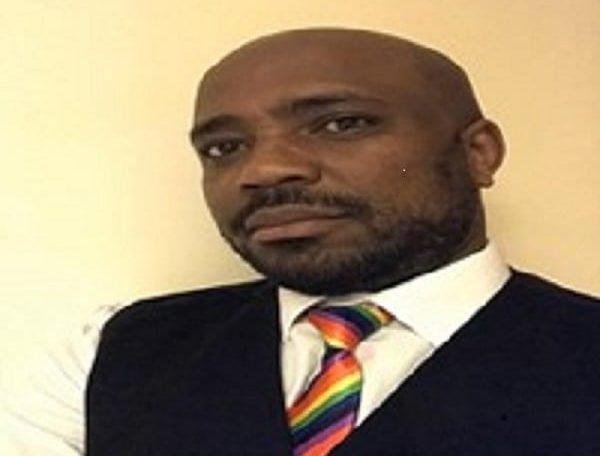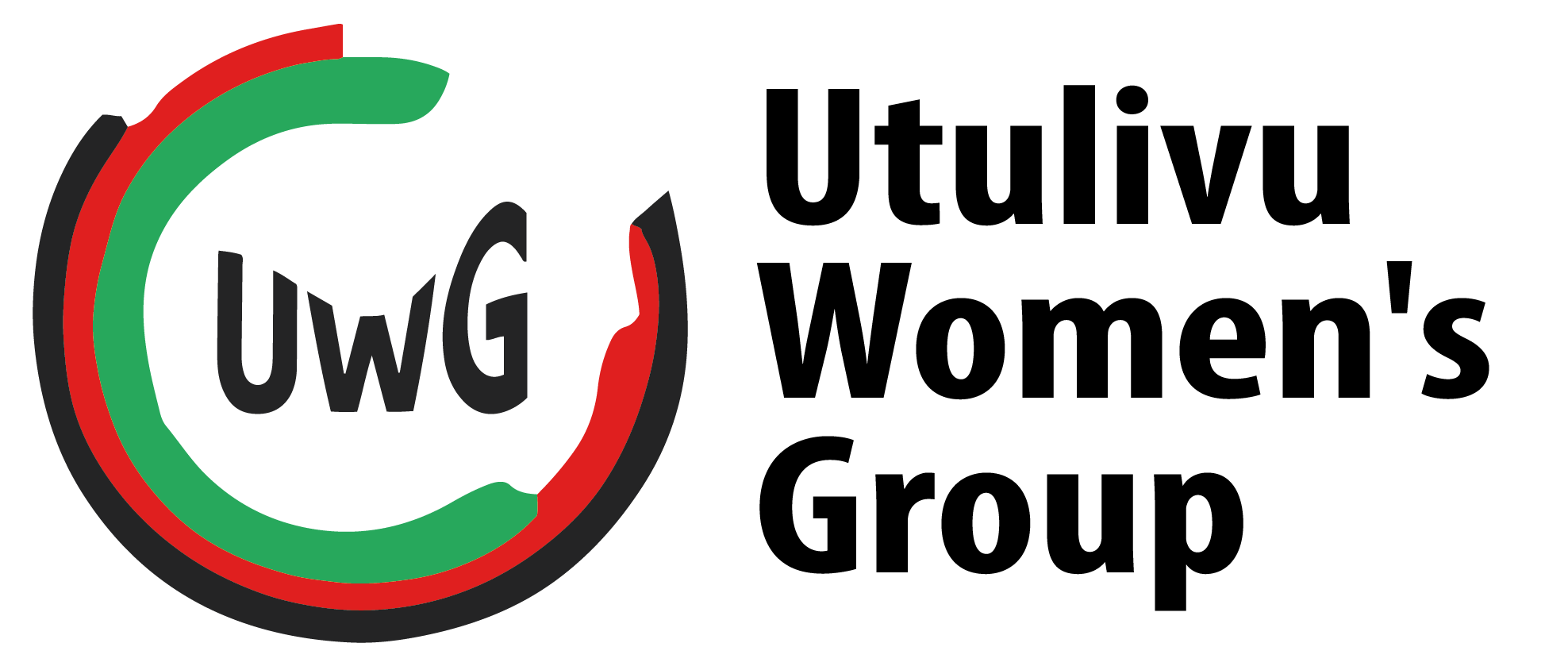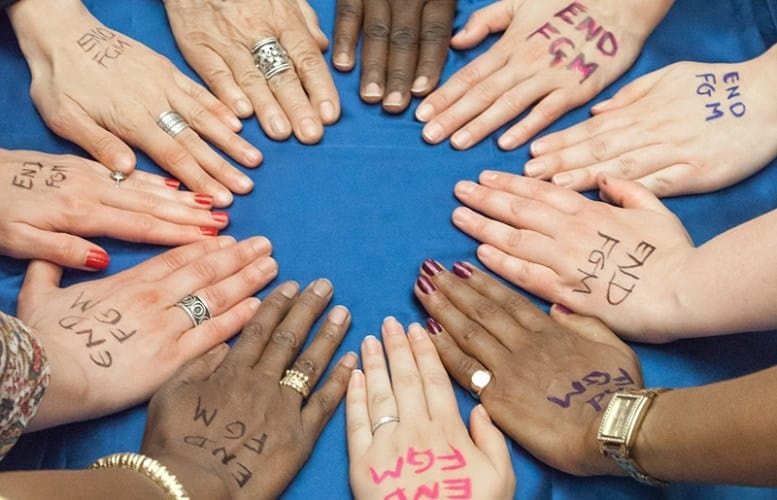FGM refers to all procedures involving partial or total removal of the external female genitalia or other injury to the female genital organs for cultural or other non-medical reasons (UNFPA, 2018)
The demand for conformity and subservience from women by a certain section of men is a serious hindrance in the fight against FGM.
A quick look at the expectations and standards of sex when it comes to women is very revealing. For starters: adultery is heavily weighted against women. When women have an affair, it is frowned upon more than men. The need to have women conform while not expecting the same of men is the root of all the FGM activities that seek to control the sexual activity of women.
What is a cuckold? A man whose wife has committed adultery. What is the equivalent for a woman whose man has committed adultery? None. We are only now trying to invent one: mug, jigalo, blah blah blah. It is expected that a man does not commit adultery. He only sows his wild oats and spreads his genes wide and far. After all, what expectations do we have of our male children? After all, they do not fall pregnant; so we don’t have to worry about the burden they bring to us never mind how much burden of life they may impose of bequeath other peoples daughters.
We have more anger displayed to our daughters when they get pregnant than we do when our boys impregnate the girls. We pretend that our boys should marry virgins never mind the boys themselves are not virgins. After all, what physical evidence is there for a boy who has lost his virginity?
What social pressure, judgement and mistreatment does a boy receive when we know he has been sexually active? In some communities, he gets treated as a hero the more girls he has deflowered. On the same vein. Men: monna ke selepe, wa adimisanwa. It means; man is like an axe, you can lend him out to a friend or a neighbour. There is no bull that controls one boma/kraal.
The assumption is that men don’t commit adultery, therefore there is no need to control their sexual desires or urges. Only women need to be sexually controlled. After all, women are seen to be very successful agents of immorality. How can they not be agents of immorality? We blame them when they expose too much flesh. We think that the rapist has an automatic pass to raping a woman who is semi naked and somehow, the woman is to blame for it. We demand women be covered from head to toe for modesty, yet we glorify bare chested men.
Think about the most offensive language we can use to insult a fellow human being: human private parts. The most offensive one is that which has insinuations of woman body parts. Who then would be offended that women are pushed to cut away these body parts that are offensive and not worth much unless some men decide it is time to have them for their own use?
When the woman’s body is a contested price and a piece of beauty what is there to prevent a young woman from a community that commodifies girls from seeking that extra layer of traditionally convinced beauty?
When tattoos, piercings and hair are accepted forms of beauty enhancement, what is there to prevent a young woman from going the extra mile of seeking ‘inward’ beauty?
When she has been locked out of greater participation in many fronts and the only thing she is good at are religion/piety and culture, what more is there to lose if she stands a chance of getting a man who has social standing? Her mother went the same way, women have always done that, what is different?
For us to tackle FGM holistically, we have to have a look at the holistic way that women are treated in the world today. It has to be a full package and more for it to be totally fitting for the modern woman. She has to feel she owns a piece of the pie in a way that is not threatened by some men who want her body. She has to be sure that she is not viewed as a doll or facility of pleasure by another who owns her.
We have to allow women to be women and do what they like without any religious or cultural controls that demonise them if we want to take care of the FGM and other ills of all nature.
In February 2019, the Pope admitted that his predecessor closed down a Catholic institution following revelations that nuns were used as sex objects and toys of pleasure by their superiors who are vicars, priests and bishops. Typical, the response was to close down the institution that was meant for women just because the women were abused by the men who should have taken care of them. The punishment was to close the women institution instead of dealing with the men who are in the wrong. Unfortunately, the Roman Catholic Church does not have a record of presenting offenders to police. The Church has a way of dealing with wayward church officials. Unfortunately, the action of the Church does nothing to address the problem.
How different is this from the debate on FGM? Unless we deal with the problem of men and their views on women, then we cannot expect there to be a holistic way of dealing with what are the real issues that affect women in our societies. FGM is a symptom of how men deal with problems that they feel are not part of their own making.
FGM will die a natural death when men stop demanding that women’s sexuality is controlled and subdued. The constant blame of ‘women tempting men’ with their over exposed bodies and the belief that women will always be a source of that which tempts men, then we will have the problem of FGM.
The fight against FGM will not end if the focus is on women who seek or promote it. It will only end if men and women see the need for women to feel they have a share of the economic pie, are part and parcel of the society that allows them to be themselves. Thanks to the men’s groups who have stood out in the fight against FGM so far in a bid to end this practice in a generation.








